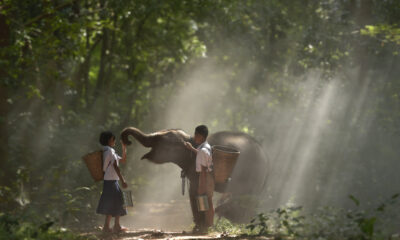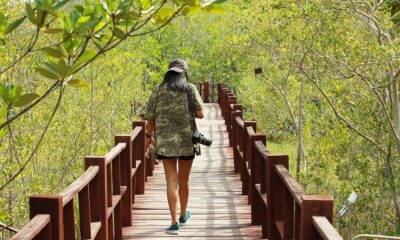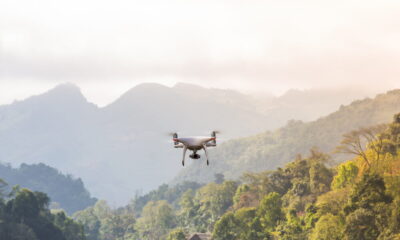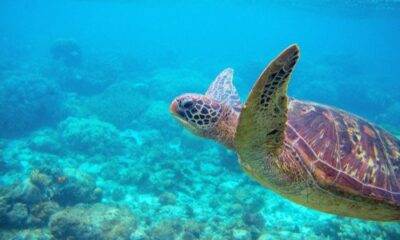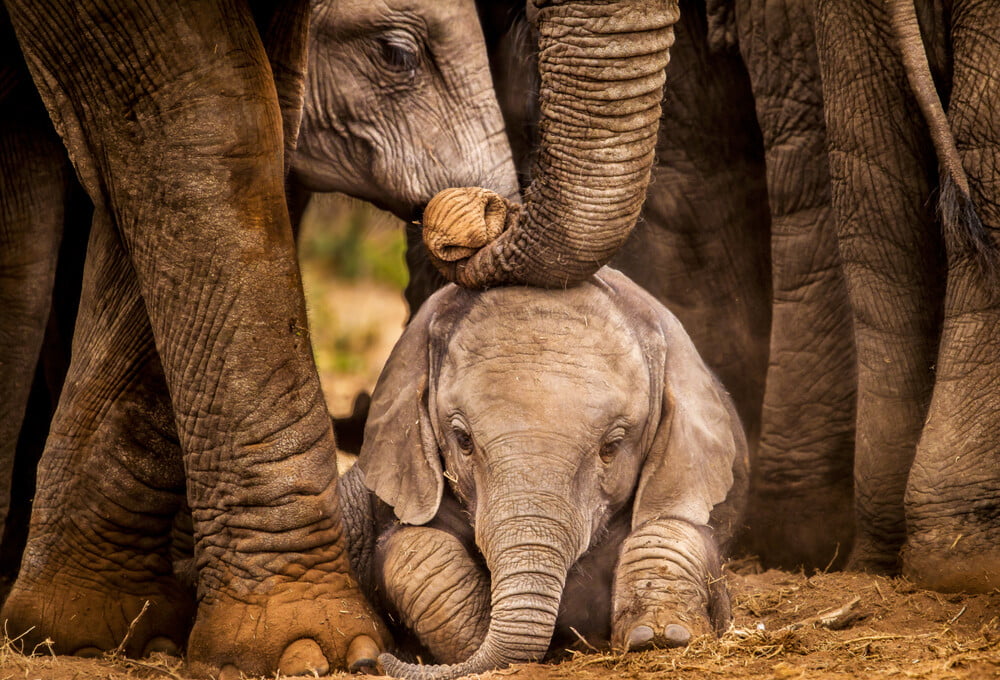
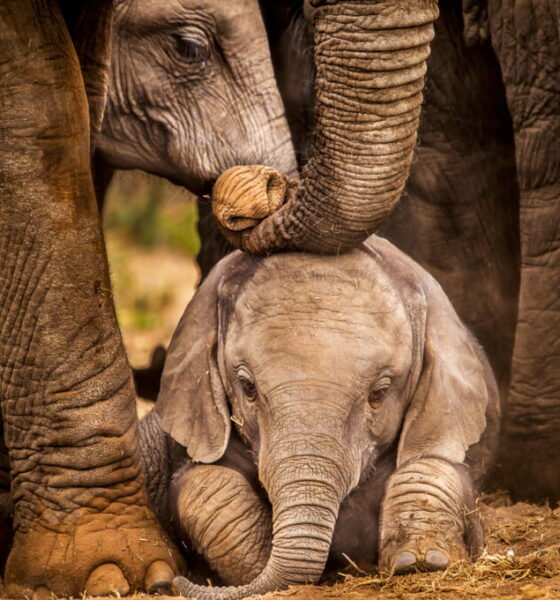
Editors Choice
Covid-19: The Impact On Wildlife Conservation Efforts
“The Covid-19 pandemic has shown us just how vulnerable conservation initiatives are to major disruptions,” says Dr Bruno Oberle, director general of the International Union for Conservation of Nature (IUCN). While this virus continues to affect human communities around the globe, it’s important not to overlook how much damage it’s having on animal conservation efforts too.
For a number of reasons, the funding that sustains and drives these efforts forward is drying up – and very few on the frontline are able to cope. Now, policymakers and conservationists are in search of both the short and long-term solutions that can continue their important work. At the same time, there’s a hope that our newly-increasing awareness of nature can help with that.
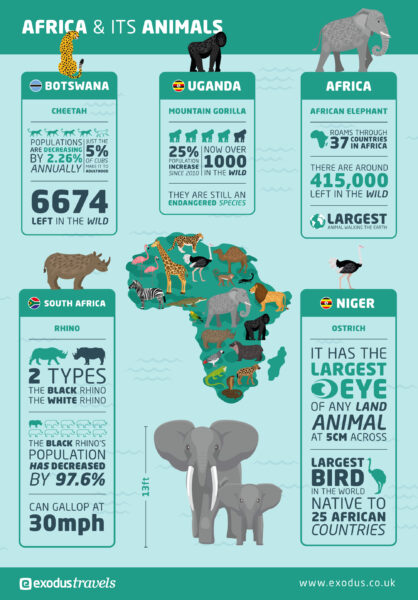
How has the pandemic affected wildlife conservation?
With many countries putting in place lockdowns to counter the spread of Covid-19, it’s allowing animals more freedom to roam. Yet, it has also seen measures to stop poaching scaled back as a result of scarce resources. Zoos, meanwhile, are running out of cash to look after the animals in their care – even those that have since reopened and do so much for conservation.
The abrupt halt in tourism is also making its impact felt. It’s especially the case in nations such as South Africa and Kenya. For these countries, the appeal of African wildlife holidays has long been a major boost to their economies. The entire African continent drew 7.1% of its GDP from tourism in 2019. And much of this went towards protecting precious and indigenous wildlife.
The direct and indirect impact of Covid-19 on animals
For some species, there’s a direct impact of Covid-19 that puts them at greater risk. The great ape, for example, can actually be infected with the virus. Many of these species, which are said to share 98% of human DNA, are already at risk. But the presence of conservationists with the virus – no matter how mild – can increase that substantially in these species.
As national parks shut and those involved in conservation stay away, it leaves a vacuum that’ll be exploited by poachers. With no-one now around to enforce security, other species are going to feel the indirect impact of Covid-19 through the lack of protection. According to IUCN, this is a particular issue for elephants, giraffes, rhinos and some marine creatures among others.
The risk to already-endangered species
The timing of the pandemic isn’t helpful. Conflict and poaching were already pushing down the global population of African elephants long before the Covid-19 outbreak. Just 415,000 remain in the wild, however, and any fresh increase in poaching could now have a catastrophic impact. It can also be said for rhinos too, with their horns a prized target for illegal hunters.
On the other side of the coin, even the conservation success stories are under threat. On the face of it, a 25% growth in the number of wild mountain gorillas since 2010 is excellent news. But it also means increased exposure to human communities. With that comes a greater risk of Covid-19 transmission. And that is anything but good news for such an endangered species.
Current efforts to save species for future generations
The calls to maintain conservation efforts haven’t gone unheeded. It’s why the IUCN, European Commission and the Organisation of African, Caribbean and Pacific States (OACPS) are making six million Euros available to counter the impact of Covid-19. The bulk of this will be distributed as Rapid Action Grants to a number of initiatives in Africa to protect the wildlife there.
The rest will fund around 60 projects in the form of Rapid Response Grants and will address the negative effects of reduced tourism and issues with access to protected areas. The aim, says Dr Oberle, is that this initiative “will be able to address urgent needs triggered by the pandemic while building greater resilience in the conservation sector.”


 Environment12 months ago
Environment12 months agoAre Polymer Banknotes: an Eco-Friendly Trend or a Groundswell?

 Features11 months ago
Features11 months agoEco-Friendly Cryptocurrencies: Sustainable Investment Choices

 Features12 months ago
Features12 months agoEco-Friendly Crypto Traders Must Find the Right Exchange

 Energy11 months ago
Energy11 months agoThe Growing Role of Solar Panels in Ireland’s Energy Future
